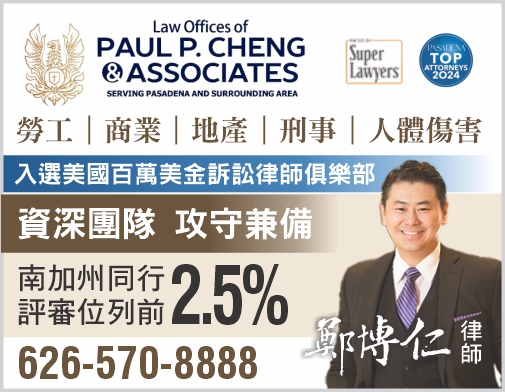DISHONEST CHAPTER 7 DEBTOR CANNOT CONVERT TO CHAPTER 13
Section 706(a) of the Bankruptcy code says that “The debtor may convert a case under this chapter to a case under chapter 11, 12, or 13 of this title at any time, if the case has not been converted under section 112, 1208, or 1307 of this title. Any waiver of the right to convert a case under this subsection is unenforceable.” The plain reading of this provision appears to imply that a chapter 7 debtor has the right, indeed, almost an absolute right to convert a chapter 7 case into a chapter 13 case as long as there had been no previous conversions. But the right to convert from chapter 7 to 13 is really not absolute. If the debtor was dishonest in his chapter 7 case, he may not be able to convert to chapter 13.
In Re Visconti, the chapter 7 trustee discovered at the first meeting of creditors that the debtor received the proceeds from the sale of his former marital residence a few days after he filed for bankruptcy. The debtor said he received $32,000 in proceeds from the sale, which was conducted pursuant to a final divorce. He said he had about $14,000 left after paying bills. The debtor ultimately turned over $12,000 to his attorney. It turned out that the debtor received $33,490 in sales proceeds less than four weeks prior to the meeting of creditors. As of the meeting, he still had $22,342. In addition to this money, the debtor’s attorney was also holding $38,462 in sales proceeds pending a resolution of unstated claims by the debtor’s former spouse. Eventually, the chapter 7 trustee settled her claims with debtor for $19,198. Hence, there were major discrepancies in the accounting of funds by debtor.
Notwithstanding settlement of the accounting problem between debtor and the chapter 7 trustee, the U.S. Trustee nevertheless asked the court to deny the debtor’s discharge. The chapter 7 trustee and the U.S. Trustee have different roles. The chapter 7 trustee represents the interest of all creditors of the bankruptcy estate. His role is to get as much money into the bankruptcy estate by liquidating non exempt assets of the debtor. So, by settling with debtor for $19,198, the chapter 7 trustee has performed his role in the case. The fact that debtor was dishonest in his accounting of funds does not really bother the chapter 7 trustee. But the dishonesty of the debtor bothers the U.S. Trustee. Indeed, the U.S. Trustee almost has a zero tolerance for dishonest debtors because the role of the UST is to ensure that only honest debtors get a bankruptcy discharge. The UST is the ‘caped crusader’ of bankruptcy courts, ferreting out dishonest debtors, and filing motions to dismiss bankruptcy cases for ‘abuse’ of bankruptcy law if circumstances warrant. Oppositions to motions to dismiss must be backed up by a preponderance of evidence that tends to show that debtors are in good faith and were not dishonest. The judge ultimately decides if there was debtor dishonesty that warrants a denial of discharge.
The Chapter 7 trustee agreed to withdraw his discharge challenge after the debtor agreed to make payments that placed the bankruptcy estate in the same position it would have been in if the debtor transferred all of the proceeds due to him from the sale of his residence immediately after the petition date without the need for the trustee to litigate the issues. The UST however, opposed the settlement primarily on the basis that the debtor’s conduct during the chapter 7 proceeding should not be rewarded with a discharge in chapter 13. Because the UST would not agree to the settlement, debtor attempted to convert to chapter 13. However, the same reasons that cause the UST to press the discharge challenge also worked against debtor’s ability to convert his case. The court found that debtor acted with intent to misrepresent the amount of money he money he received. CONVERSION TO CHAPTER 13 DENIED.
Lawrence Bautista Yang is a graduate of Georgetown University Law Center and has been in law practice for thirty years. He specializes in bankruptcy, business and civil litigation and has handled more than four thousand successful bankruptcy cases in California. He speaks Mandarin and Fujien and looks forward to discussing your case with you personally. Please call (626) 284-1142 for an appointment at 1000 S Fremont Ave Bldg A-1 Suite 1125 Unit 58 Alhambra, CA 91803.
图片翻摄自网路,版权归原作者所有。如有侵权请联系我们,我们将及时处理。
 點評
點評 微信
微信 微博
微博




